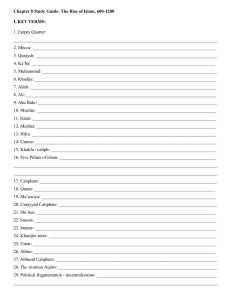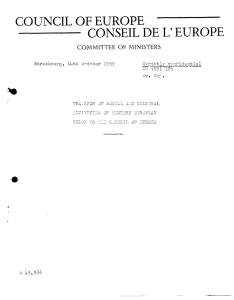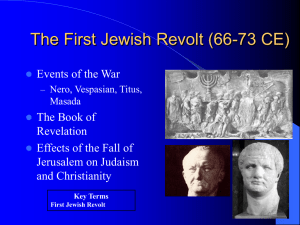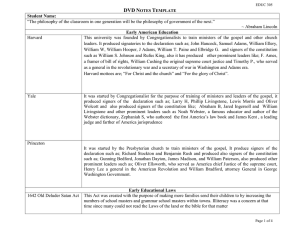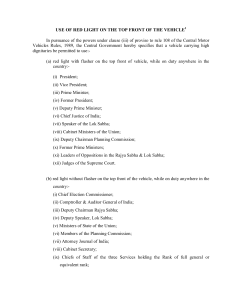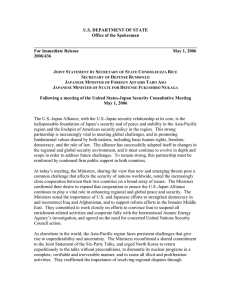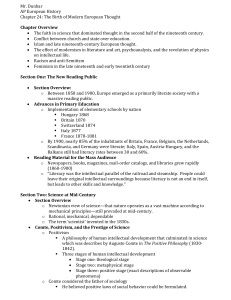Buddhism
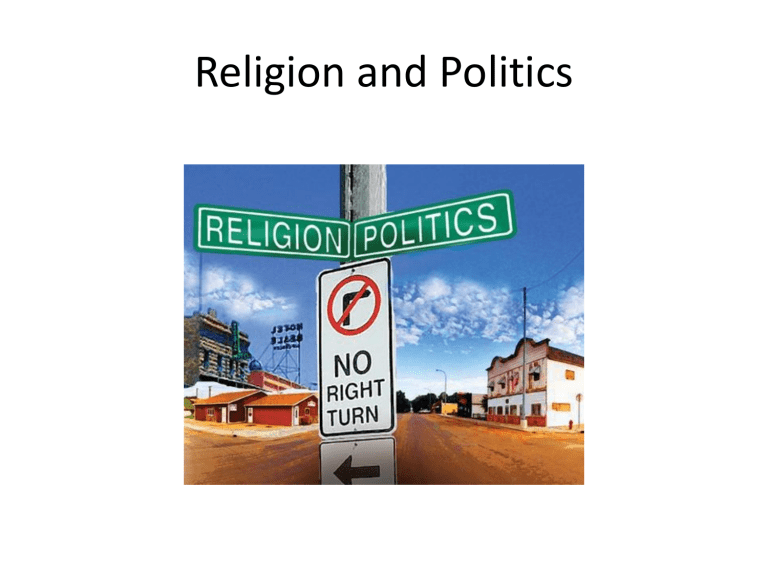
Religion and Politics
Validation of Rule
• Historically, most rulers have governed with some type of religious authority
• Religion has sanctioned the rule of kings and emperors
Social Stabilization
• Religion in history has also functioned as a support of social cohesiveness and order
Hinduism
“Dharma upholds both this-worldly and otherworldly affairs” - Krishna
Confucianism
“ He who exercises government by means of his virtue may be compared to the north polar star, which keeps its place and all the stars turn towards it.” -
Confucius
Buddhism
“When the ruler of a country is just and good, the ministers become just and good; when the ministers are just and good, the higher officials become just and good; when the higher officials are just and good, the rank and file become just and good; when the rank and file become just and good, the people become just and good.” - The Buddha
Judaism
Israel, the Covenant and the Diaspora
Christianity
“Give to Caesar what is Caesar's, and to God what is
God's” - Jesus
Catholicism
The Politics of the Papacy
Islam
Muhammad, the Caliphate, and
Sharia Law
The Expansion of Islam 630 – 750 A.D.
Protestantism
Dissent, Individual Salvation and the “Protestant
Work Ethic”
Secular Humanism
• Born in 18 th century Europe – the Age of
Enlightenment
• Affirms that people can lead a “good” life without the influence of religion
• Emphasis of reason over the supernatural
Other key terms
Theocracy – government by religious figures, laws based on religious teachings
Fundamentalism – the belief that the holy texts are literally true, and can form a reliable basis for thought and action in this world
Separation of Church and State
• The idea that organized religion and the government should be kept separate
Does this mean the end of morality? What can morality,
“goodness” and government be based on if religious influence is taken out?
Contemporary Issues
• Nativity scenes on city property – the “War on
Christmas”
• Sex Education in schools
• The Ten Commandments’ place in courts
• Abortion Rights and Birth Control Funding
• Gay Marriage Rights
• The banning of the Hijab
